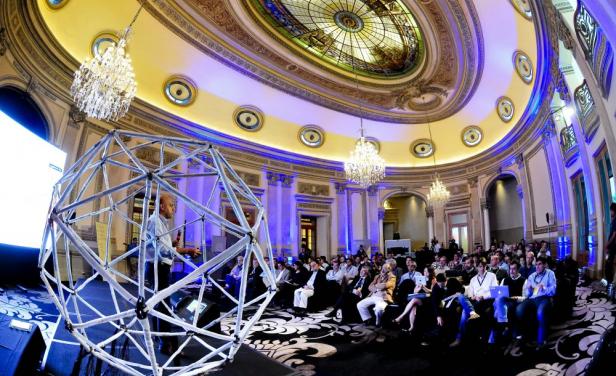Last weekend, at the Sofitel hotel, the “Uruguay Encendido” event hosted the first of a series of meetings promoted by the Presidency of the Republic for international experts to visit the country and, from their areas of expertise, help think about Uruguay’s situation. Six experts from Singularity University talked about how technology would change our lives over the next ten years.
One of the phrases that echoed was «The future is here, but it is unevenly distributed».
«We must commend Uruguay for its brave experiment» «Never before in human history, anywhere in the world, an entire generation of children has been technologically literate», says Vivek Wadhwa, VP of Singularity University and former professor at Harvard and Berkeley.
According to Wadhwa, the Plan Ceibal is a way to solve one of humanity’s great problems of: education.
«One of the things we teach at Singularity is that technology takes some time to obtain exponential results, but those results are achieved», he says. «At first, people are disappointed because nothing happens, but then they are dazzled».
According to Wadhwa, this will be the case of Uruguay, because in addition to the XO laptop, the children have a have a level of Internet access which is both admirable and a good omen.
«When these children grow up they will be different. They are already smarter than their parents and they challenge them, and they know where to go in search of knowledge», he says. He predicts that Ceibal children will be more technologically literate than Silicon Valley.
«You think that you are a country of farmers», he states. «But Uruguay has the power to lead innovation».


